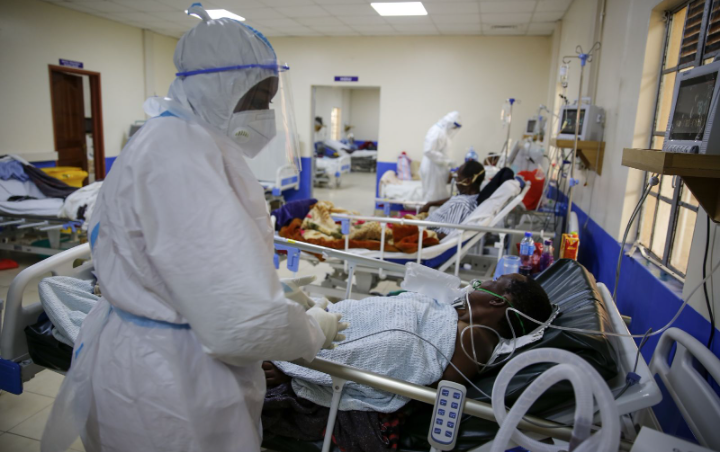The allegations laid out regarding the 1st Plaintiff and his family raise serious concerns about potential criminal activity, particularly within the health insurance sector in Kenya.
These accusations point toward a well-organized network of fraud, illegal business dealings, and unethical conduct.
Each claim presents a picture of not just individual wrongdoing but also a larger, orchestrated effort to subvert legal business practices, which could have severe consequences for the health industry in the country.
The first allegation is the most direct and harmful, accusing the 1st Plaintiff and his family of being health insurance fraudsters.
Health insurance fraud can manifest in multiple forms, from billing for services not rendered, falsifying claims, or using patients’ identities to charge for fake treatments.
These actions, if proven true, undermine the healthcare system, driving up insurance premiums, increasing costs for legitimate patients, and potentially endangering the quality of healthcare provision.
Fraud of this nature often goes undetected for long periods, especially if the perpetrators have a network that facilitates such illegal activities, as alleged.
The second allegation claims that the Plaintiffs are part of a commercial enterprise using the 2nd to 5th Plaintiffs to perpetuate illegal activities.
This would suggest that these individuals or companies are being used as fronts or shields to hide the true nature of their fraudulent activities.
It is not uncommon for criminal networks to use multiple entities to carry out their schemes, making it harder for authorities to trace the illegal activities back to the masterminds.
This tactic also allows them to avoid legal repercussions and continues to operate without detection.
The accusation of engaging in shady deals reinforces the idea that the Plaintiffs are involved in activities that are not only illegal but also unethical.
This could refer to under-the-table transactions, bribery, kickbacks, or collusion with other parties to manipulate markets or obtain financial advantages.
Shady business deals, especially in healthcare, could involve obtaining contracts fraudulently, overpricing services, or delivering substandard products, all of which have a detrimental effect on public health and safety.
This is a broad accusation but serves to question the character and integrity of the Plaintiffs, suggesting that their dealings are not aligned with the principles of honesty, transparency, and fairness that are essential in any legitimate business.
The most damaging allegation is that the 1st and 2nd Plaintiffs are the masterminds of a criminal enterprise that poses a danger to the wellbeing of Kenya’s health industry.
The health sector is a critical component of the country’s infrastructure, and any threat to its integrity could have far-reaching consequences.
If key players in the industry are found to be engaged in fraudulent activities, it not only disrupts the market but also erodes public trust in healthcare providers and insurers.
It could lead to financial losses for insurance companies, and ultimately, higher costs for consumers.
Fraudulent activities in this sector could lead to widespread consequences, including the collapse of businesses, increased healthcare costs, and diminished quality of care for Kenyans.
It is crucial that these accusations are thoroughly investigated by relevant authorities to protect the integrity of the healthcare system and ensure that those involved in criminal activities are held accountable.
The outcome of this case could set a precedent for how such issues are handled in the future and serve as a warning to other entities engaging in similar fraudulent practices.





















Add Comment